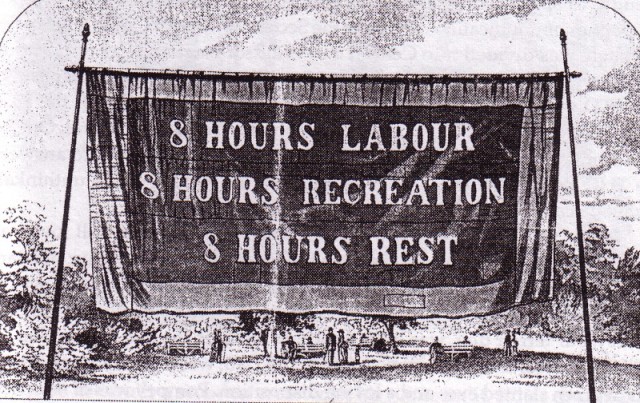China employees have many rights they cannot contract away. China employee working hours is a good example of this.
As I have written previously, most China employees can only work under China’s “standard working hours system,” and in most places in China, that means a 40-hour work week — 8 hours a day and 5 days a week. Many foreign employers dislike this system because it means work performed outside standard working hours is overtime and must be paid accordingly. China’s laws recognize this standard system is not practical for certain positions and for certain industries and it allows for two major exceptions, with one being the flexible working hours system. This system is somewhat similar to the salaried employee system in the United States in that it allows employees to work flexible hours without overtime.
China’s flexible hours system sounds good to foreign company employers, but they so often mess it up that it sometimes seems most would be better off were it not to exist at all. To get one or more of your employees in under the flexible working hours system, you must secure prior government approval and this can be a painful and frustrating process, even for those of us who do it all the time. The requirements for getting an employee under the flexible hours system (like pretty much everything else employee related in China) are localized and can change without notice. The local government decision on whether to grant a flexible hours exception rests with local employment officers and they have plenty of discretion and their interpretations of the law can vary. Making things worse, an approval is usually valid for only one year so you need to renew it every year, and the renewal process can be just as arduous as the initial application. Once any of our China employment lawyers gets an approval, we are always certain to send that same lawyer back for any subsequent approvals, figuring that we are not going to mess with what works.
Because of these difficulties, we are starting to see China employers come up with “creative” ways to get around this problem. For example, instead of seeking government approval before they designate the employees to work flexible hours or securing approvals for renewals when the validity periods are expiring, they enter into a “well-written” Chinese-language agreement with the employee that specifically states the employee will work flexible hours and any overtime pay will be dealt with accordingly. Bad idea. The validity of these sorts of agreements has been tested by China’s courts, and the employers have lost nearly every time. In a recent case in Fujian Province, an employer argued that the local law requiring prior government approval for a flexible hours system is not mandatory and because the employer and his employees had agreed to such a system of their own free will, their agreement did not violate any mandatory laws and should be respected. No surprise to anyone who knows China’s employment laws, but the court did not side with the employer and it instead ordered it to pay all overtime, plus penalties.
There are actually a few very limited circumstances under which employers do not need prior government approval before they can make an employee work flexible hours, but those exceptions vary by locale and they can change without notice as well. On top of this, we are aware of situations where the law says government approval is not required for certain positions but the local labor authorities nonetheless still mandate prior approval. Your outcome will ultimately come down to your locale, but our advice to clients is never to institute a flexible hours program without first getting sign off from the relevant authorities. Failing to do so can lead to lawsuits and penalties.
Even if you do everything right in securing relevant government approval, you also must then follow all the requirements of a flexible hours system and these too can be complicated and local. For example, in a case in Tianjin, an employer that obtained government approval to have an employee work under the flexible working hours system lost a lawsuit to an employee who worked 8 hours a day, 6 days a week for years without overtime. The court ruled that even though the employer had secured government approval for the employee to work flexible hours, because the employer made the employee report her attendance and work overtime as though she were still on a standard hours system, the laws on standard working hours must apply and the employer must pay this employee overtime pay for all past overtime work.
When it comes to China employment laws, you really need to get clear on what can be contracted away, and what cannot.

























